Local Governments and Historical Memory: How Cities Build Peaceful and Democratic Societies
Written by Jaume Puigpinós
One of the most unique characteristics of Gwangju is its movement for human rights and democracy. This characteristic was awarded to the city by the sacrifice of young people in November 1929, when they stood against the ruthless colonialism of the time. This characteristic was further strengthened by citizens, both young and old, in May 1980, when they struggled against the military dictatorship with their blood. Similar struggles have taken place all over Korea, but the level of the tragedy of May 1980 and its impact on Korean democratization are beyond comparison in modern Korean history.
This is the major reason that the World Human Rights Cities Forum is truly representing the character of Gwangju in and outside of Korea. The character of Gwangju has made the forum an important annual event for human rights cities around the world. The event is credited for bringing together so many interesting participants and presenters from different cities with rich experiences and in-depth knowledge of human rights policies, practices, and ideas. The Gwangju News has covered these human rights stories in one or two issues annually in past years. However, expanded coverage could bring stories of progress in human rights cities worldwide to our readers throughout the year.
Therefore, I am very happy to begin working with the United Cities and Local Government Committee of Social Inclusion, Participatory Democracy, and Human Rights (UCLG CSIPDHR) to create this human rights cities column starting from this issue. This collaboration will include space for policies of human rights cities with similar historical backgrounds to that of Gwangju. — Dr. Shin Gyonggu, Publisher of the Gwangju News and Director of the Gwangju International Center
As Gwangju will be commemorating this May 18 the 39th anniversary of the 1980 Uprising, it is important to recall the role played by historical memory policies in the long-term quest for human rights, peace, and democracy led by many local governments across the world. By exploring a city’s dreadful past in connection to education, justice, and reparation, local governments contribute to building today’s more inclusive and fairer societies. As a paramount example of this trend, Gwangju, with its “Gwangju spirit,” has turned its painful past into a catalyst for political mobilization at home and a beacon for other peoples to pursue their quest for democracy abroad.
Local governments in other regions of the world have also developed paramount collective memory policies with more or less the same aspirations as in the case of Gwangju. In commemoration with the May 18 Uprising, this article collects the experience of various local governments in their quest for human rights and democracy through the development of sound collective memory initiatives. It does so by trying to answer two questions: Why is it important to remember and how does it help to promote, at present, human rights and democracy in the city?
In 2018, Uruguay’s capital city of Montevideo became the first municipality in its country to launch a memorial museum on the human rights violations that occurred during Uruguay’s civic-military dictatorship of 1973–1985. Montevideo’s Museo de la Memoria (Memory Museum) gives major importance to providing visitors with historical context on repression methods used against pro-democracy advocates at the time of the dictatorship. As a matter of fact, the museum itself is located in a former torture center used in the times of the military regime. The museum seeks to “give an answer to the need to symbolize the history of the coup d’état in Uruguay so it never happens again.” It also notes how, “in times of uncertainty, a resulting truth emerges: that memory is a powerful way to build the identity of our people, which guides the struggle to build a better society based on social justice, democracy, freedom, and solidarity.”[1]
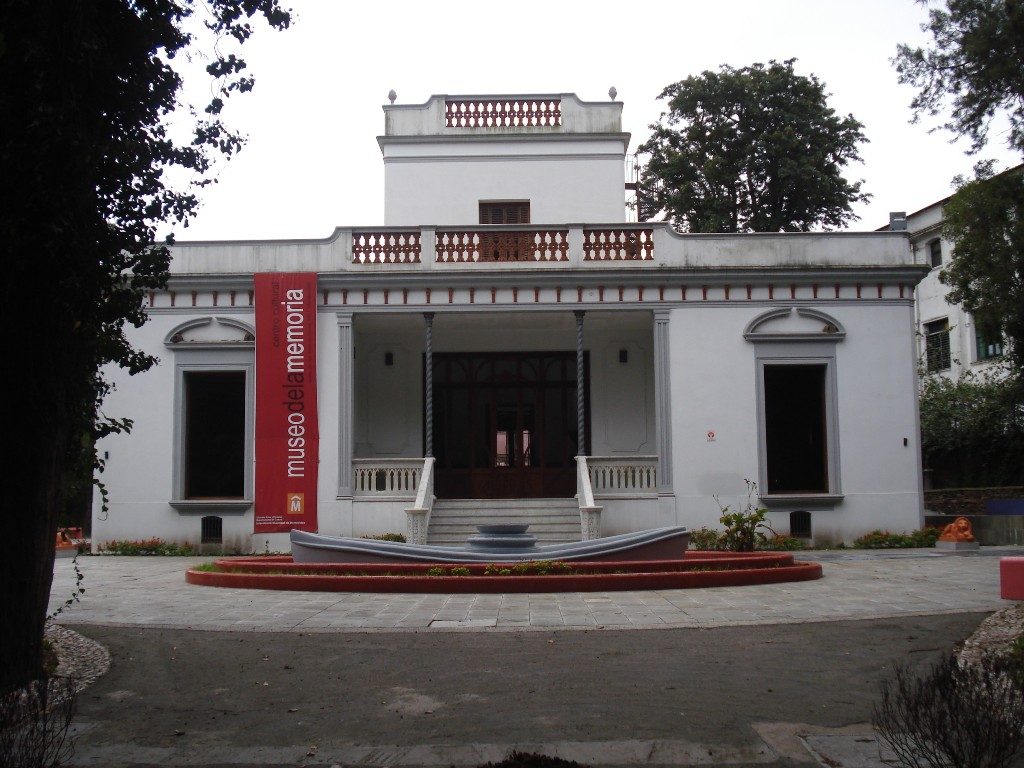
Right on the other side of the Atlantic Ocean, on Senegal’s Gorée Island, lies a major UNESCO site: a memorial to the largest center of the Atlantic slave trade, which took place from the 16th to 19th centuries. Gorée Island is now populated by a little more than 1,600 people and has a semi-autonomous status as a district of Senegal’s capital city, Dakar. Its local council is thus responsible for preserving Gorée’s unique legacy. Indeed, its streets and urban fabric are still a reflection of the island’s sinister past, with several colonial-style mansions of slave traders and various interpretation centers still in existence. According to UNESCO, which turned the island into a World Heritage Site in 1978, “Gorée is still today a symbol of human exploitation and a sanctuary for reconciliation.”[2]
Nuremberg is a well-known European human rights city that has promoted sound historical memory policies in order to cope with its past during the National Socialist regime. Indeed, Nuremberg witnessed the adoption of the racial laws of 1935 and the celebration of various Nazi Party rallies. In order to build a comprehensive narrative and to draw lessons from the past, Nuremberg launched a Human Rights Office a few years ago with a view to develop initiatives in the field of collective memory in connection to human rights. At present, Nuremberg’s Human Rights Office is responsible for the organization of a renowned International Human Rights Award and several human rights education and anti-discrimination programs.
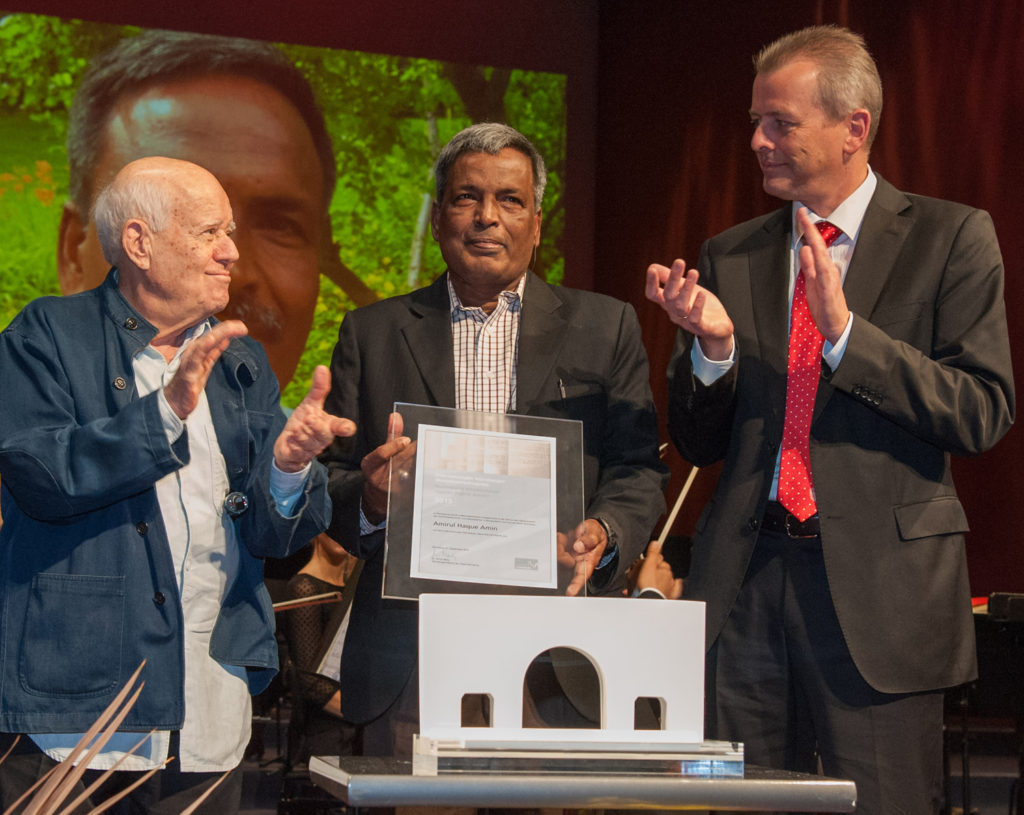
Human Rights Award in 2015. (Photo by Nuremberg Human Rights Office)
According to Martina Mittenhuber, head of Nuremberg’s Human Rights Office, “Historical memory policy is absolutely relevant for building a responsible future without fear of a new catastrophe like the Holocaust. Historical memory is the base for a successful democracy. The idea of obligations from the past is not seen as a way to project an image, but as a basic concept for co-existence in a pluralist and inter-cultural society.” Asked about how historical memory relates to human rights at present, she notes that “the vision of a city of peace and human rights demands credible and visible implementation, not only in municipal political decision-making but also in encouraging civil society to participate in creating a lively culture of human rights. … At the same time, the vision of a municipal society based on solidarity not only comprises the major responsibility of providing all people living in the city with equal chances and opportunities, but also the very special task of caring for the weakest and most vulnerable groups in our city society.”
As shown by these examples, local governments can promote concrete, grounded initiatives that help cities cope with their past in a comprehensive and transformative manner. A good synthesis of the relation between memory, identity, and tolerance can be found in the A/HRC/25/49 Report by former UN Special Rapporteur in the field of cultural rights, Farida Shaheed, where she argues how “memorialization should be understood as a process that provides to those affected by human rights violations the spaces necessary to articulate their narratives. Memorial practices should stimulate and promote civic engagement, critical thinking, and discussion regarding the representation of the past, but equally the contemporary challenges of exclusion and violence.”[3]
References
- Centro Cultural Museo de la Memoria. (2019). Retrieved from
http://mume.montevideo.gub.uy/museo/centro-cultural-museo-de-la-memoria - UNESCO. (2019). World Heritage List: Island of Gorée. Retrieved from https://whc.unesco.org/en/list/26/
- Shaheed, F. (2014). Report of the Special Rapporteur in the field of cultural rights: On memorialization processes [UN report A/HRC/25/49]. Retrieved from https://undocs.org/A/HRC/25/49
The Author
Jaume Puigpinós is a coordination assistant at the UCLG [United Cities and Local Governments] Committee on Social Inclusion, Participatory Democracy, and Human Rights: a global network of local governments for human rights and co-organizes the World Human Rights Cities Forum in Gwangju each year alongside the Gwangju International Center. Jaume has an education and professional background in urban studies, human rights, and decentralized cooperation.

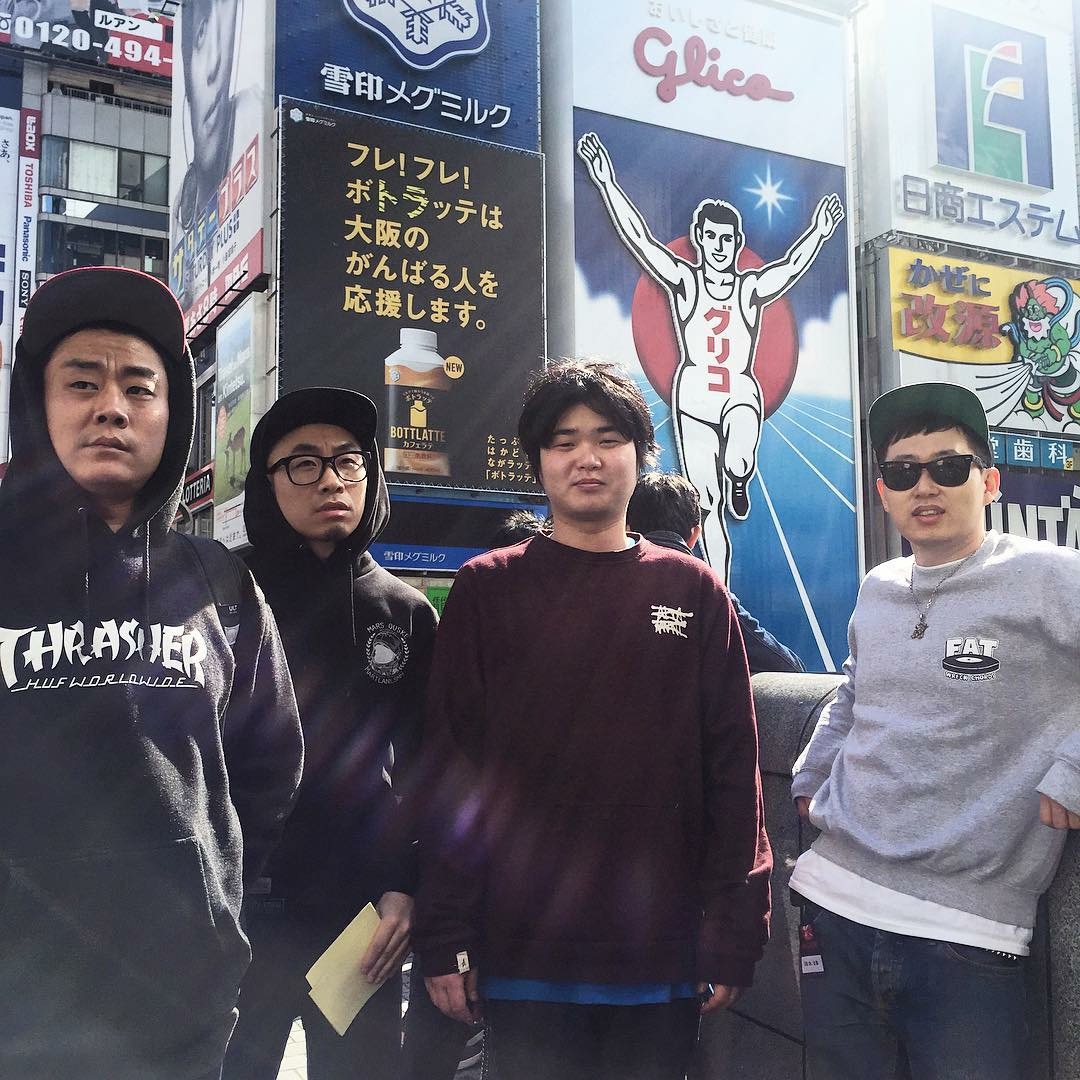
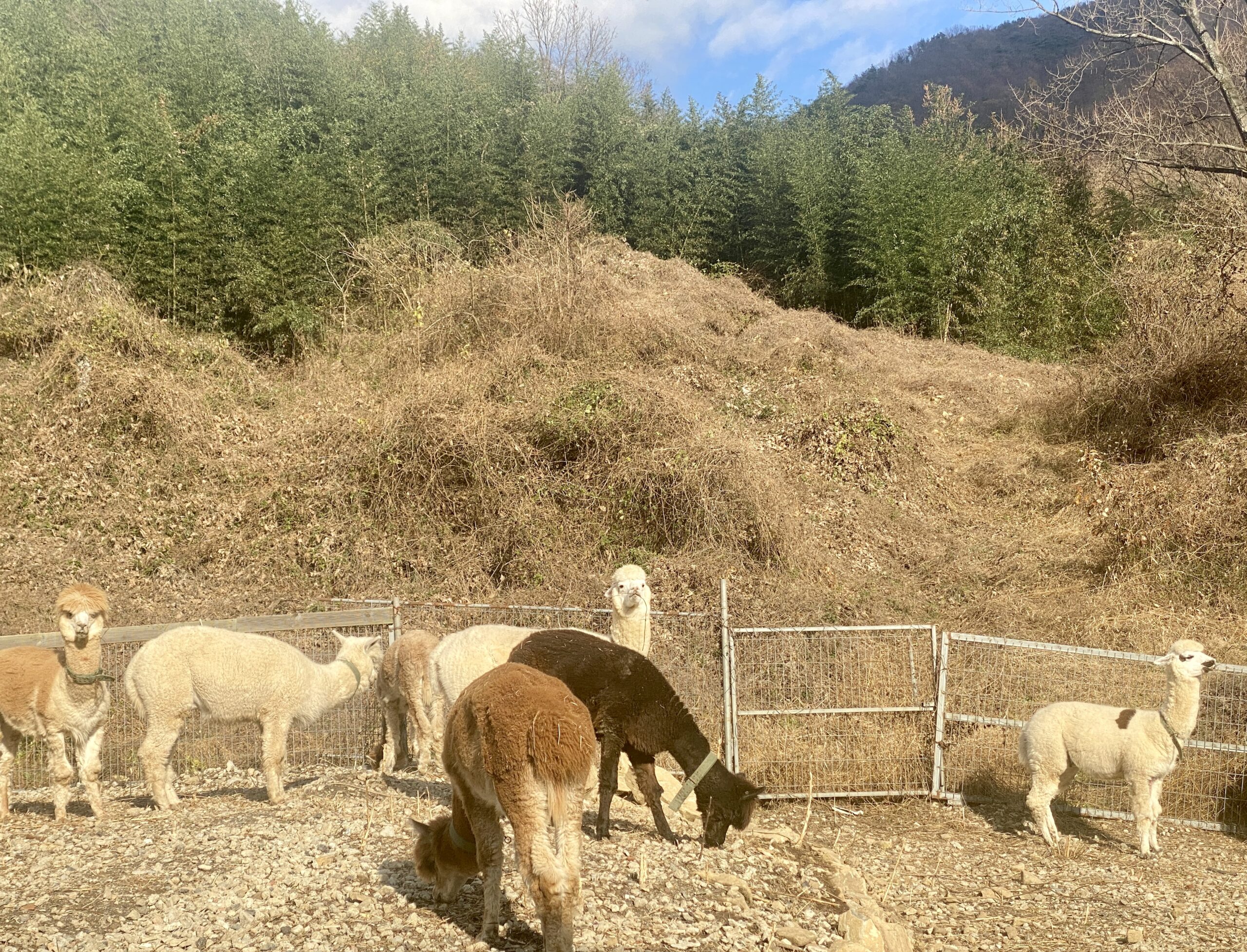

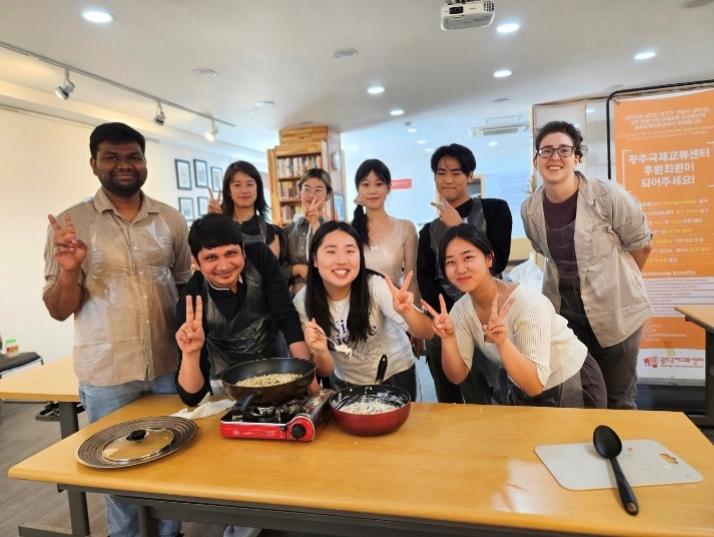
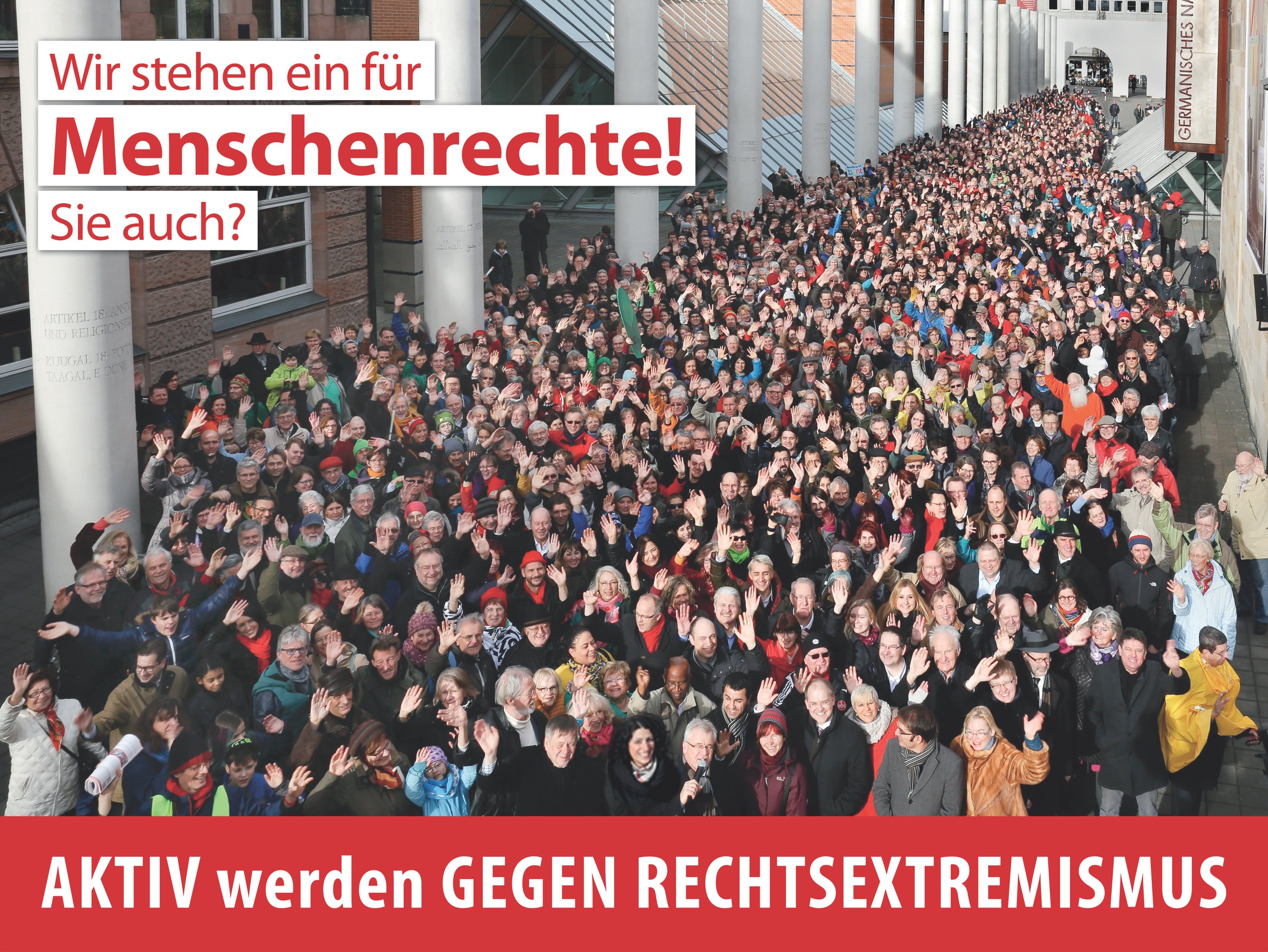
We would like to thanks World Human Rights Cities Forum in Gwangju Organized Commette for this Forum we hope to Participate this event Thanks.